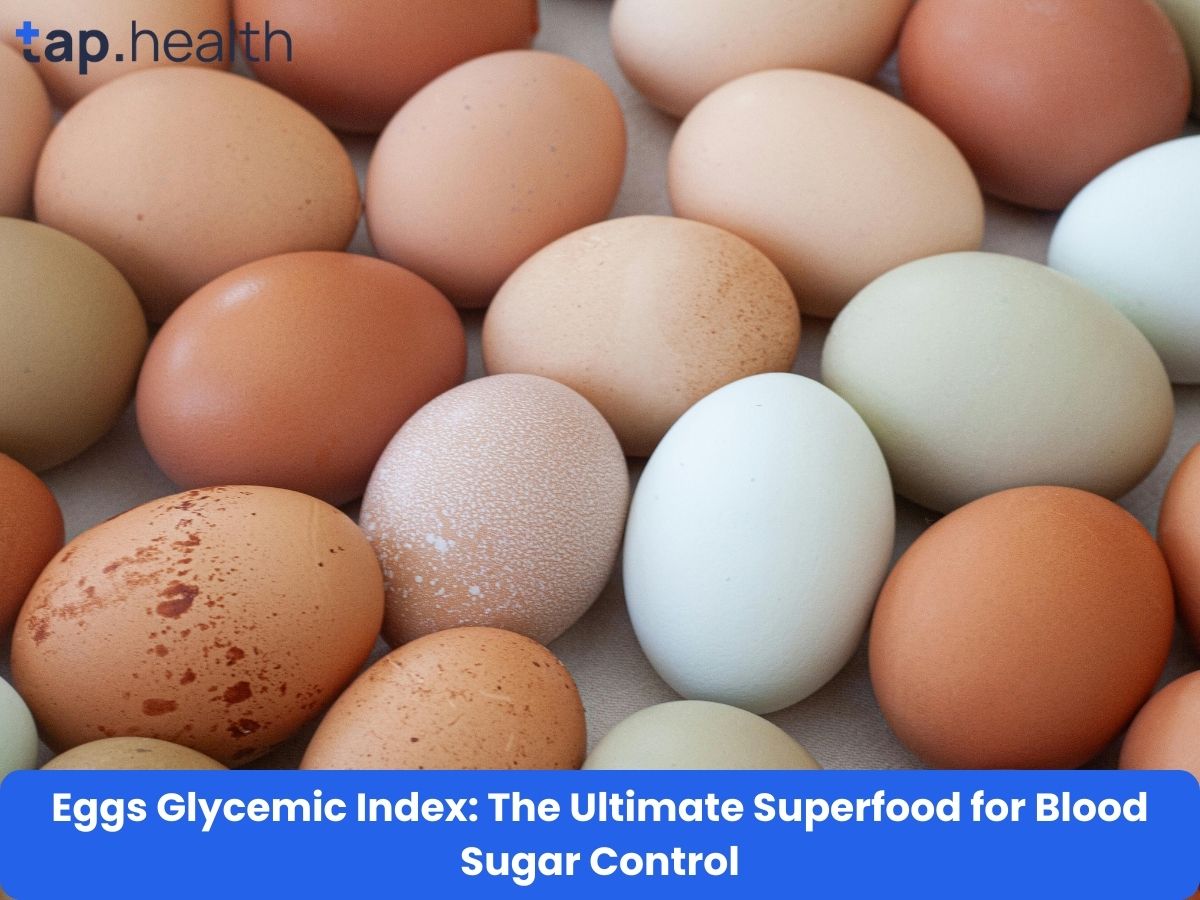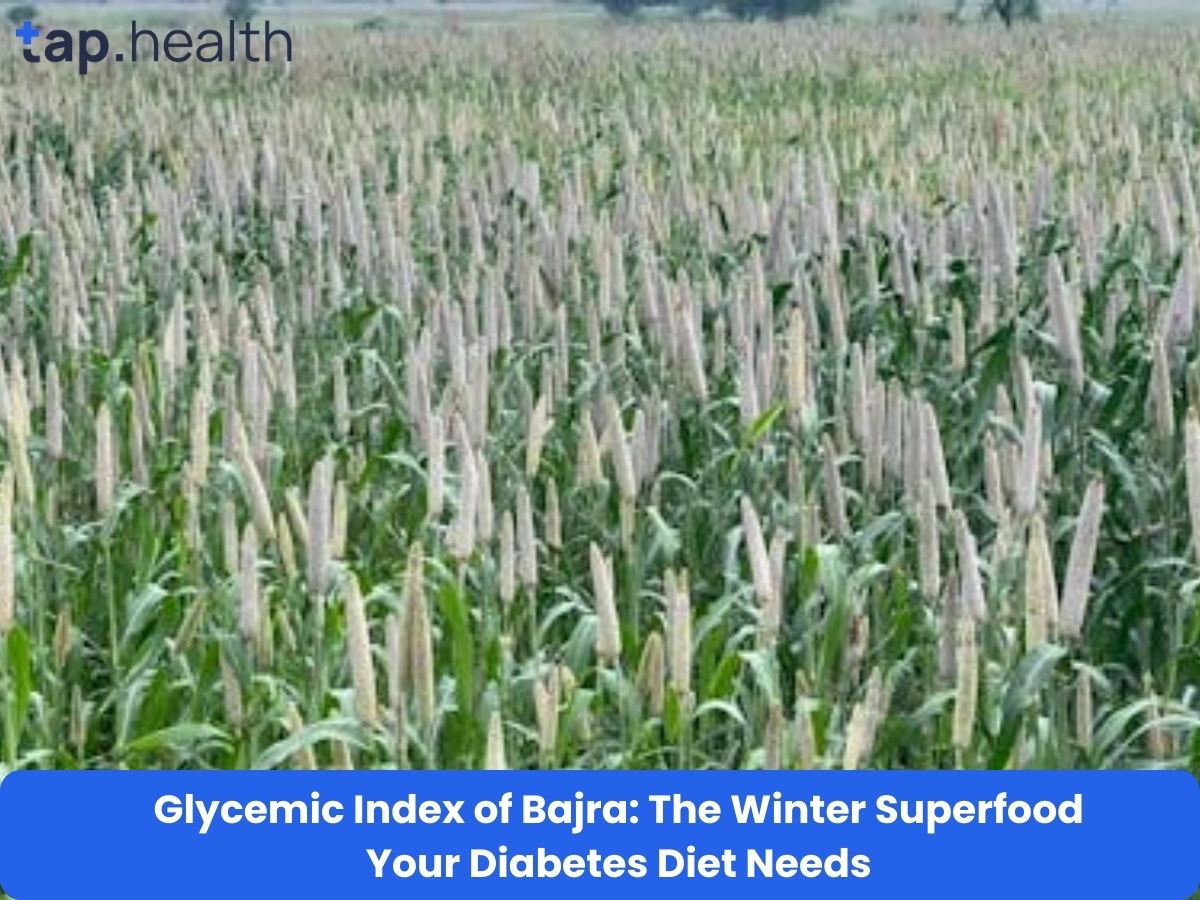Table of Contents
- Hydration’s Role in Post-Meal Blood Sugar
- Diabetes, Digestion & Hydration: A Deep Dive
- Improve Digestion & Blood Sugar with Hydration
- The Impact of Hydration on Blood Sugar After Eating
- Guide to Better Blood Sugar Control Through Hydration
- Frequently Asked Questions
- References
Managing diabetes can feel like navigating a complex maze, and understanding how different factors influence your blood sugar levels is key to feeling your best. One often-overlooked piece of this puzzle is the connection between diabetes and digestion, specifically how much water you drink. This blog post will explore the fascinating relationship between hydration and post-meal blood sugar control. We’ll delve into Diabetes and Digestion: How Hydration Impacts Blood Sugar After Eating, revealing simple strategies to help you better manage your condition. Get ready to discover how a simple glass of water can make a significant difference!
Hydration’s Role in Post-Meal Blood Sugar
Maintaining healthy blood sugar levels is crucial, especially in tropical climates where dehydration is common. Understanding how hydration impacts digestion and subsequent blood glucose levels is key to managing diabetes or preventing its onset. After a meal, your body works hard to process carbohydrates, converting them into glucose. This glucose enters your bloodstream, causing a rise in your blood sugar levels. If your blood sugar consistently stays above 200 mg/dL, it suggests diabetes; levels between 140–199 mg/dL indicate prediabetes. Staying adequately hydrated plays a significant role in this process.
The Importance of Hydration for Digestion
Sufficient water intake aids digestion by facilitating the breakdown of food and nutrient absorption. Dehydration can slow down this process, leading to prolonged glucose absorption into the bloodstream. This slower absorption can result in higher and more sustained spikes in blood sugar levels, particularly after consuming meals high in carbohydrates, common in many Indian and tropical diets. Consider the impact of consuming sugary drinks or high-glycemic index foods on an already dehydrated body. The effect is amplified, potentially leading to greater fluctuations in blood sugar. For a deeper understanding of blood sugar fluctuations after a meal, read our comprehensive guide on What is Post Prandial Blood Sugar?.
Practical Tips for Indians and Tropical Regions
In hot and humid climates, it’s vital to proactively manage hydration. Carry a water bottle and sip water consistently throughout the day, especially before, during, and after meals. Incorporate hydrating foods like fruits and vegetables rich in water content into your diet. For those with diabetes or prediabetes, consulting a doctor or certified diabetes educator for personalized advice on managing blood sugar through hydration and diet is essential. Remember, even small changes can contribute significantly to better health outcomes. Prioritize hydration to maintain healthy blood sugar levels and improve your overall well-being. To learn more about how hydration broadly impacts your health and performance, check out our article on How Does Hydration Influence Your Health and Performance?.
Diabetes, Digestion & Hydration: A Deep Dive
The Crucial Link Between Hydration, Digestion, and Blood Sugar Control
Managing diabetes, particularly in hot and humid climates prevalent across many Indian and tropical countries, presents unique challenges. A significant portion of the diabetic population, 61% of whom are aged between 20-64 years, according to the International Diabetes Federation (IDF), are in their prime working years. Proper hydration plays a vital, often overlooked, role in managing blood sugar levels after meals. Dehydration can impair digestion, leading to slower glucose absorption and potentially causing blood sugar spikes.
Digestion and Blood Sugar: Understanding the Connection
The digestive process is intricately linked to blood sugar regulation. When we eat, our bodies break down carbohydrates into glucose, which enters the bloodstream. Efficient digestion ensures a steady release of glucose, preventing sudden spikes. Dehydration, however, can slow down this process. This is especially relevant in tropical climates where increased sweating leads to fluid loss, potentially impacting digestive efficiency.
Hydration Strategies for Better Blood Sugar Management
Staying adequately hydrated is crucial for optimal digestion and blood sugar control, particularly after meals. Simple strategies like carrying a water bottle throughout the day and sipping water consistently, especially before, during, and after meals, can significantly improve your digestion and blood sugar levels. Consider incorporating hydrating foods like watermelon and cucumber into your diet, especially during the hotter months. For those aged 65+, and the remaining 39% of the diabetic population according to the IDF (IDF), maintaining adequate hydration is even more critical due to age-related changes in fluid balance. For more information on the challenges faced by older adults with diabetes, see our article on Managing Diabetes as You Age: Challenges and Solutions.
Regional Considerations for Hydration
In hot and humid regions of India and other tropical countries, the need for increased hydration is paramount. Remember to adjust your fluid intake based on your activity levels, climate, and individual needs. Consult a healthcare professional or a registered dietitian for personalized advice on managing your diabetes and optimizing your hydration strategy. Remember, proactive hydration is a simple yet powerful tool in managing diabetes effectively. It’s also important to understand the connection between diabetes and weight management; read more in our article on Understanding the Link Between Diabetes and Obesity.
Improve Digestion & Blood Sugar with Hydration
Maintaining healthy blood sugar levels is crucial, especially in regions like India, where a significant portion of the diabetic population also suffers from hypertension. Proper hydration plays a surprisingly significant role in managing both diabetes and digestion, often overlooked in tropical climates. Dehydration can impair digestion, leading to slower glucose absorption and blood sugar spikes. This is particularly relevant after meals, when your body is working hard to process carbohydrates and sugars.
The Link Between Hydration, Digestion, and Blood Sugar
Staying adequately hydrated ensures efficient digestive processes. Water aids in nutrient absorption, helps move food through your digestive tract, and prevents constipation, a common issue that can indirectly affect blood sugar control. When you’re dehydrated, your body struggles to regulate blood sugar effectively, increasing the risk of high blood sugar levels. This is exacerbated in hot and humid climates common across India and other tropical countries, where fluid loss is higher. For more information on maintaining proper hydration and electrolyte balance, which is crucial for blood sugar regulation, check out our article on Hydration and Electrolyte.
Practical Tips for Better Hydration
Incorporating simple changes into your daily routine can significantly improve hydration levels. Start your day with a large glass of water, keep a water bottle with you at all times, and drink water regularly throughout the day, especially after meals. Consume hydrating foods like fruits and vegetables rich in water content. Remember, the amount of water you need depends on factors like your activity level, climate, and overall health. Consult your doctor or a registered dietitian for personalized hydration recommendations. Prioritizing hydration is a crucial, yet often underestimated, step towards better diabetes and digestive health, particularly in hot and humid environments. If you’re looking for additional ways to improve your blood sugar levels, you might find our article on Top 8 Natural Remedies to Improve Blood Sugar Levels helpful.
The Impact of Hydration on Blood Sugar After Eating
Studies show a strong correlation between sugary beverage consumption and increased diabetes risk; daily intake raises the risk by a concerning 26%. However, managing blood sugar levels effectively extends beyond simply avoiding sugary drinks. Proper hydration plays a crucial role in how your body processes food, particularly in hot and humid climates prevalent across India and other tropical countries. Dehydration can significantly impair your digestive system’s ability to regulate blood glucose levels after meals.
Understanding the Connection
When you’re dehydrated, your body struggles to produce enough insulin, the hormone responsible for transporting glucose from your bloodstream into your cells. This leads to elevated blood sugar levels, especially after consuming carbohydrate-rich meals common in many Indian and tropical diets. Furthermore, dehydration can slow down digestion, causing prolonged periods of high blood glucose. This is particularly important for individuals with diabetes or those at high risk, as maintaining consistent blood sugar levels is paramount to preventing complications. Understanding what constitutes a Normal Blood Sugar Level After Eating is a crucial first step in managing your health.
Practical Tips for Better Hydration
In hot and humid climates, it’s even more crucial to stay well-hydrated. Aim to drink plenty of water throughout the day, especially before, during, and after meals. Consider incorporating hydrating foods like watermelon, cucumber, and coconut water into your diet. These natural choices offer refreshing hydration and help maintain optimal blood sugar levels. Remember to consult a doctor or registered dietitian for personalized advice tailored to your individual needs and dietary preferences, especially if you have pre-existing health conditions. Prioritizing hydration is a simple yet powerful step toward better blood sugar control and overall well-being, especially relevant in the context of India’s diverse climate and dietary habits. Learning How to Prevent Blood Sugar Spikes After Meals can further support your efforts.
Guide to Better Blood Sugar Control Through Hydration
The Crucial Link Between Hydration and Post-Meal Blood Sugar
Managing diabetes in hot, humid climates—such as India and other tropical regions—comes with extra challenges. One often-overlooked factor is hydration. When you’re dehydrated, your blood becomes more concentrated, making it harder for insulin to move glucose from your bloodstream into your cells. This can cause post-meal blood sugar spikes, pushing levels beyond the recommended target (generally below 140/90 mmHg, or below 130/80 mmHg for stricter control).
Practical Hydration Strategies for Diabetes Management
Staying hydrated is a simple yet powerful tool for controlling blood sugar:
-
Drink water regularly throughout the day—before, during, and after meals.
-
Carry a reusable bottle and take sips often, especially if you’re outdoors or exercising.
-
Add hydrating foods like watermelon, cucumber, and leafy greens to your meals.
-
Avoid sugary drinks, which can worsen glucose control—stick to plain water or unsweetened options.
💡 For quick ways to lower blood sugar, see our guide: 10 Tips for Immediate Blood Sugar Reduction – Tap Health.
Regional Considerations: Heat and Hydration
Tropical heat and humidity increase fluid loss through sweat, raising dehydration risk. To counter this:
-
Monitor signs like thirst, dry mouth, and fatigue.
-
Increase fluid intake on hotter days or when active.
-
Use cooling, hydrating snacks such as coconut water (in moderation, to avoid excess sugar).
The Bottom Line
Consistent hydration supports better blood sugar control and overall health. For a plan tailored to your needs, consult your doctor or a registered dietitian—especially if you live in a hot climate or have other health conditions. Building this habit is a long-term investment in your diabetes management.
Frequently Asked Questions on Diabetes and Digestion: How Hydration Impacts Blood Sugar After Eating
Q1. How does hydration affect blood sugar levels after meals?
Adequate hydration helps control post-meal blood sugar. Dehydration slows digestion, causing prolonged glucose absorption and higher blood sugar spikes, especially after carb-rich meals.
Q2. Why is this information particularly important for people with diabetes or prediabetes?
Consistent high blood sugar is a serious health risk for those with diabetes or prediabetes. Maintaining good hydration is a simple way to help manage blood sugar levels and reduce these risks.
Q3. What are some practical ways to improve my hydration levels?
Drink water consistently throughout the day, especially before, during, and after meals. Also, incorporate hydrating foods into your diet.
Q4. Are there any specific circumstances where hydration is even more critical?
Yes, people living in hot, humid climates or those with diabetes are at higher risk of dehydration and should pay extra attention to their water intake.
Q5. Should I consult a doctor about this?
Yes, especially if you have diabetes or live in a hot climate. A healthcare professional can provide personalized advice on hydration and blood sugar management.
References
- A Practical Guide to Integrated Type 2 Diabetes Care: https://www.hse.ie/eng/services/list/2/primarycare/east-coast-diabetes-service/management-of-type-2-diabetes/diabetes-and-pregnancy/icgp-guide-to-integrated-type-2.pdf
- What is Diabetes: https://www.medschool.lsuhsc.edu/genetics/docs/DIABETES.pdf



